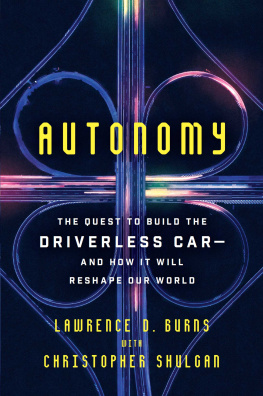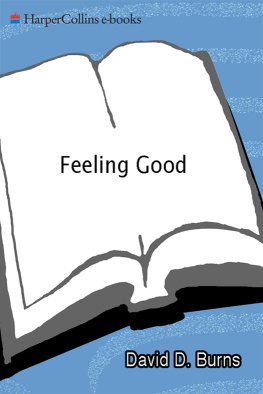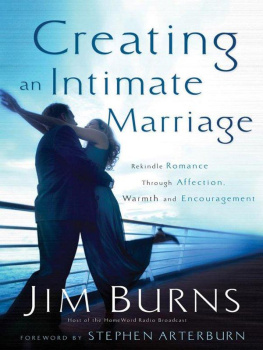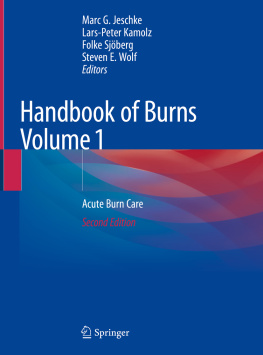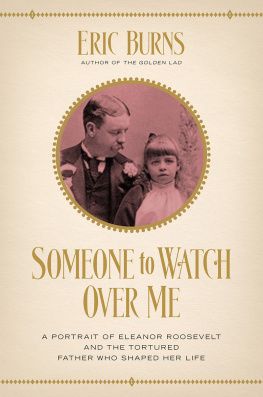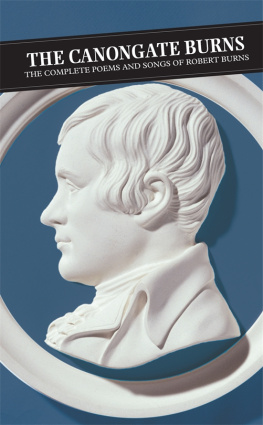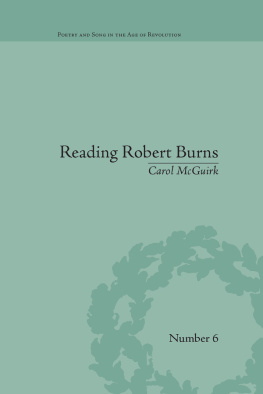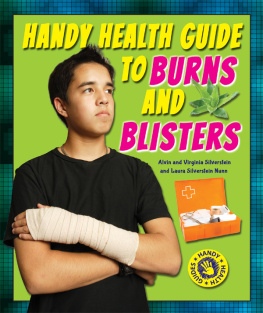The Land That Lost Its Heroes
Beyond the Silver River
Spain: A Literary Companion
Hand of God: the Life of Maradona
Bara: A Peoples Passion
When Beckham Went to Spain
Copyright Jimmy Burns 2009
All rights reserved. No part of this book may be used or reproduced in any manner whatsoever without written permission from the publisher except in the case of brief quotations embodied in critical articles or reviews. For information address Walker & Company, 175 Fifth Avenue, New York, NY 10010.
Published by Walker Publishing Company, Inc., New York
All papers used by Walker & Company are natural, recyclable products made from wood grown in well-managed forests. The manufacturing processes conform to the environmental regulations of the country of origin.
Library of Congress Cataloging-in-Publication Data has been applied for.
ISBN 978-0-80271-965-2 (e-book)
Visit Walker & Companys Web site at www.walkerbooks.com
First U.S. edition 2010
To K
Contents
In my study where I write this now, there is a somewhat faded photograph of my late father, Tom Burns, and me, his youngest son, when I was a young boy growing up between Spain and England. He is painting a sea landscape from a cliffs edge somewhere, I believe, in the Basque country where we used to spend family holidays. I am sitting on the grass behind him, craning my neck up as if trying to discover what is on his canvas.
The photograph was taken in the mid-1950s when my father had established a reputation as a leading publisher with an extraordinary network of friends and professional associates he had built since the 1930s. They included writers like Evelyn Waugh and Graham Greene, whose early works he had helped publish or promote, senior figures at the BBC, and within the intelligence community, and, as I would belatedly discover, a member of the British royal family.
Publishing, including later editing the influential Catholic weekly The Tablet, was a job he devoted much of his public life to until his retirement, and one for which he was recognised in the obituaries published extensively in national newspapers following his death from cancer in 1995.
And yet through my own experiences of my father, from sharing his interest in the works of Ian Fleming, Len Deighton and John Le Carr, to introductions to some of his less public friends in Londons club land, I had encountered other aspects of his life that seemed to point to a dedicated service to some secret government department or other, but which remained shrouded in mystery, if not mythology.
During the 1970s, when I was still sharing a flat with him, he came in one day from a reception at the Soviet embassy, clutching a bottle of vodka. Days later he seemed overjoyed that a Russian attach he had befriended had been expelled from the UK for alleged spying activities. He showed even greater passion the day that Kim Philby, the MI6 officer who betrayed his country, died in Moscow. He was a traitor responsible for betraying many of my friends, he raged over his whiskey.
Some of the friends he introduced me to once I had begun my career as a journalist included senior figures in the Foreign Office and Ministry of Defence, as well as important figures in MI6, MI5, and the wartime Special Operations Executive who, while as helpful to me as they could possibly be, remained loyally protective of my fathers past and present.
My father has taken some secrets with him to his grave, and much of his work during the Cold War years is still shrouded in official secrecy, apparently to protect agents, operations, and even family members that have outlived him, but he left me with some tantalising clues, sufficient for me to set out on a journey of discovery.
In our family home in London, few items fascinated me more as a child than the German-made handgun and a Minox miniature camera my father kept in his private study. The pistol, he told me once I was old enough to understand, had been taken as a small trophy from the German embassy in Madrid. The Minox, he spoke of as a useful work tool in taking pictures of documents. I would later read that it had been standard issue to spies and their agents in the 1940s and 1950s.
I grew up knowing very little about what my father had got up to during the Second World War. All I knew was that he had not fought as a soldier like most of my friends fathers, but had been on government service in Spain, a country better known for its Civil War and a bloody dictator called Franco. Only much later would I discover the extent to which his work straddled the world of propaganda and espionage, and the controversial contribution he and others in the British embassy in Madrid made to Churchills war effort, bolstering the Allied influence on Southern Europe and preventing the Germans from occupying Spain and North Africa, with Francos help.
The Generalsimo Francisco Franco had been in power only five months when the Nazi panzer divisions rolled into Poland in September 1939. Franco had emerged triumphant from a bloody civil war that had left one million dead, an economy in tatters, and the majority of Spaniards in no mood to engage in another conflict. When the Allies declared war on Germany, Franco announced that his country would adopt the strictest neutrality. But the announcement barely hinted at the critical role Spain was to play in determining the outcome of the Second World War.
Germanys support for Franco during the Spanish Civil War had given Hitler a foothold south of the Pyrenees which the Fuhrer was determined to exploit. Franco, for his part, was surrounded by veterans of the Civil War who felt strongly identified with the Axis powers. With the German army sweeping across Northern Europe and poised to take France, by May 1940 Franco seemed certain of a German victory and considered forging a formal military alliance with Hitler and Mussolini. The potential consequences were only too clear to Churchill: German troops in large number crossing the Pyrenees, taking Gibraltar and the Spanish and Mediterranean ports, and delivering a potentially crippling blow to the Allied Cause.
It was at this juncture that Churchill appointed one of his most senior politicians and experienced ministers, Sir Samuel Hoare, as Britains new ambassador to Spain. His task was to try to head off the growing German encroachment on the Iberian Peninsula, to maintain Spanish neutrality, and by so doing buy time so that the Allies could prepare their counter-offensive after the fall of France.
Hoare was not the only new arrival in the Spanish capital. Following close behind, and with none of the public and well documented fanfare surrounding Sir Samuels entry into Spain, was the British embassy in Madrids new first secretary and press attach, Tom Burns.
While officially employed by the powerful MoI in running Allied propaganda across the Iberian Peninsula and in North Africa, Burnss covert role in the embassy included liaising with and reporting to the naval attach, Captain Alan Hillgarth. Hillgarth had been Churchills personal adviser on Iberian affairs since the Spanish Civil War, and oversaw special operations, POW escape routes, and critically secret intelligence activities headquartered in Madrid, including the bribing of Francos general and officials.
In his own memoirs, published in 1946, my fathers wartime ambassador never known for his generosity of spirit towards his fellow peers, still less his own staff commented in just a few lines that Tom Burnss assignment in Madrid was not without impact. He remarked that under Burnss vigorous direction, an insignificant section of the Embassy had developed into a great and imposing organisation.


